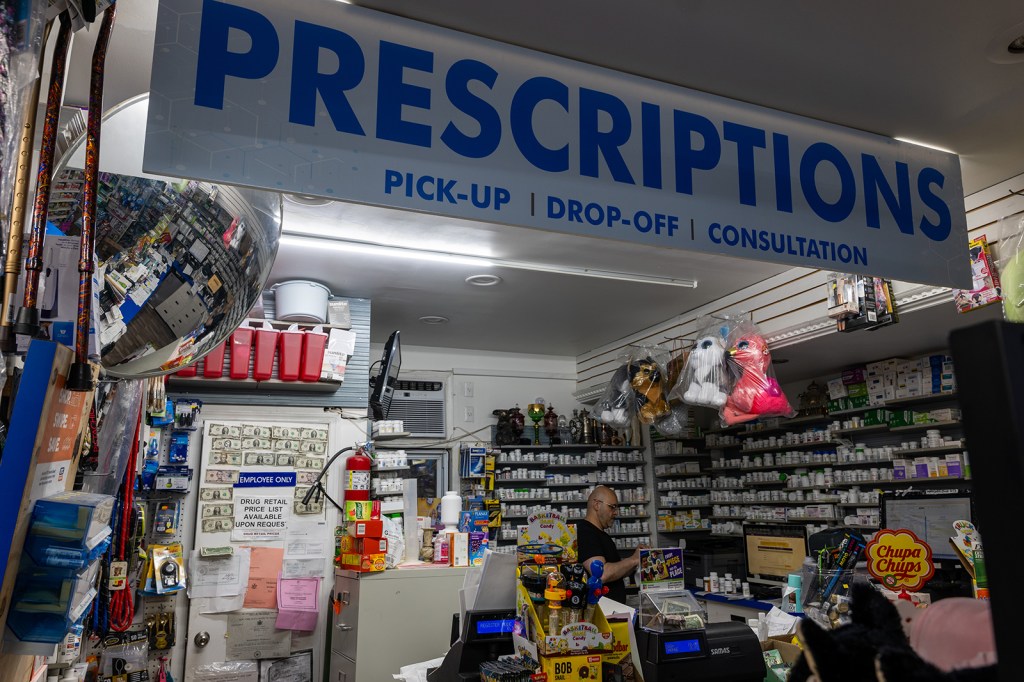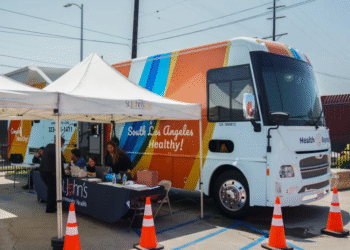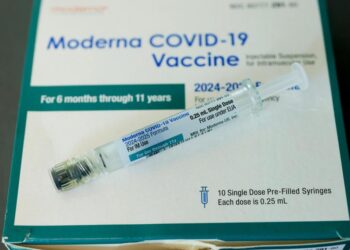Shalina Chatlani | Stateline.org (TNS)
In their ongoing quest to lower prescription drug prices, some states are forcing drugmakers to continue to sell cheaper medications to thousands of pharmacies through a federal drug-discount program.
Under the 32-year-old 340B program, pharmaceutical companies that participate in Medicaid must sell outpatient drugs at discounted prices to clinics, community health centers and hospitals that primarily serve low-income patients. The idea is that providers will use the money they save — between 20% and 50% off the normal price — to expand their services.
But many such facilities don’t have in-house pharmacies, so in 2010 the federal government expanded the 340B program to allow many more outside pharmacies — so-called contract pharmacies — to dispense the drugs to eligible patients on behalf of health centers and hospitals. Among the top four pharmacy chains (Walmart, CVS, Rite Aid and Walgreens), 71% of locations participate in the 340B program, according to a recent study by the University of Minnesota School of Public Health.
Drugmakers contend that the 340B program has grown far beyond its original intent, and that some hospitals are pocketing the savings instead of investing the money in more services. Some research supports that contention.
In 2020, seven major pharmaceutical manufacturers announced that they would restrict or halt 340B drug sales to contract pharmacies, since those sales aren’t required under federal law. As of last September, 25 drugmakers had imposed such restrictions, according to 340B Health, an advocacy group that represents more than 1,500 public and private nonprofit hospitals and health systems.
“We as an industry continue to provide those discounts, but we’re concerned that there’s no evidence patients are seeing any improved access or that they’re seeing lower costs,” said Nicole Longo, deputy vice president for public affairs at Pharmaceutical Research and…
Read the full article here







